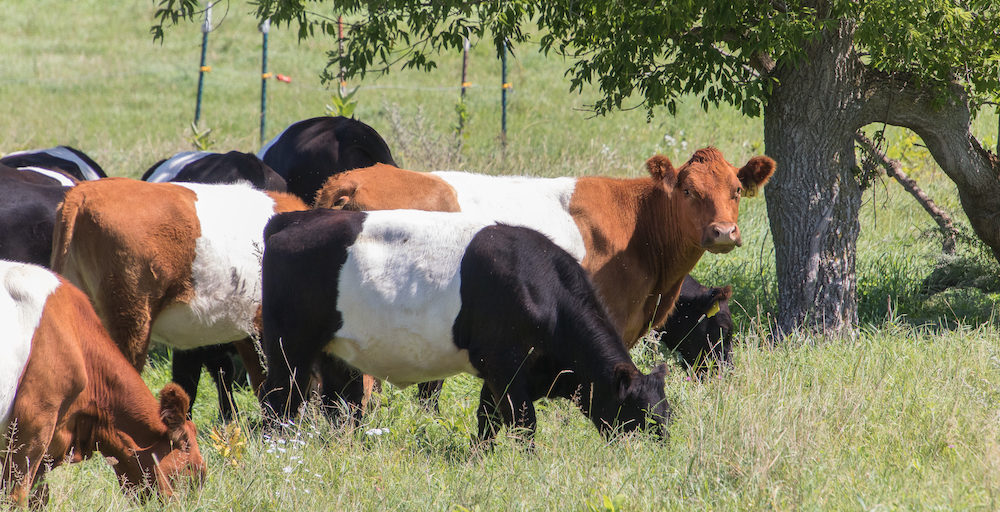Looking for nutritious foods? Meats and veggies that will boost your health – and just when we need it the most? Look to your local, sustainable farmers.
We’re here to help as we face today’s challenges, and as we prepare for a better future. Today, we can offer healthful, delicious foods – as supplies last.
If you’re in the Minneapolis/St. Paul metro area, and in Wisconsin’s Polk and St. Croix counties, here are farmers ready to help with foods grown for health: of the land, of the livestock, and of the meats and vegetables themselves. Contact farmers directly. We deliver, or you can pick up at the farm. Our farms are clustered closely – you can visit two or more in a single trip. We’re an easy drive through beautiful countryside.
We’re the sustainable farmers of the St. Croix Watershed Midlands. We’re committed to great taste, quality and high nutrition. We use organic practice, livestock is pastured, and meats processed at nearby custom USDA facility.

BueLingo cattle graze lush pastures
Bull Brook Keep: grass-fed-grass-finished beef grown without grain, subclinical antibiotics or hormones. Available now — #1 ground beef packages, soup bones, summer sausage (without artificial nitrates or nitrites), and variety packages of ground beef, cuts and roasts. Variety packages start at just 15 lbs. See my order page here. Call or text with questions, Sylvia@bullbrookkeep.com, 651-238-8525.
Blackbrook Farmstead: pastured pork and fresh spring spinach. Other products may also be available. Contact Ayla or James, 651-343-2595, blackbrook.farm.llc@gmail.com
Whetstone Farm: pastured lamb and mutton, stored root vegetables, fleeces. Other products may be available. You can also sign up for their organic vegetable CSA. Contact Emily or Klauss: cell 612-354-6282, home 715-268-8454, whetstonefarmers@gmail.com
Turnip Rock Farm: pastured pork, and to sign up for their organically grown CSA. This farm also raises and milks a grass-fed herd that supplies the wonderful milk for Cosmic Wheel Creamery for fresh and aged artisan cheeses that are out of this world. Contact Josh or Rama, 715-268-9311, turniprock@gmail.com.
Additional farms and resources will be added. Check back often. Thanks.
Sylvia
Like this:
Like Loading...
































